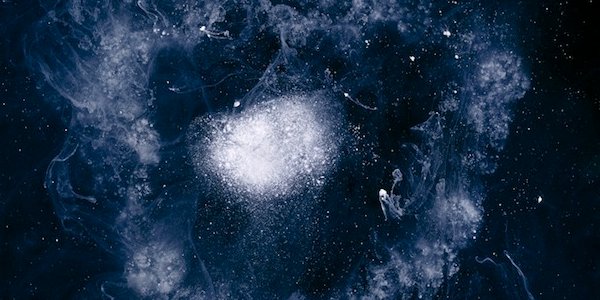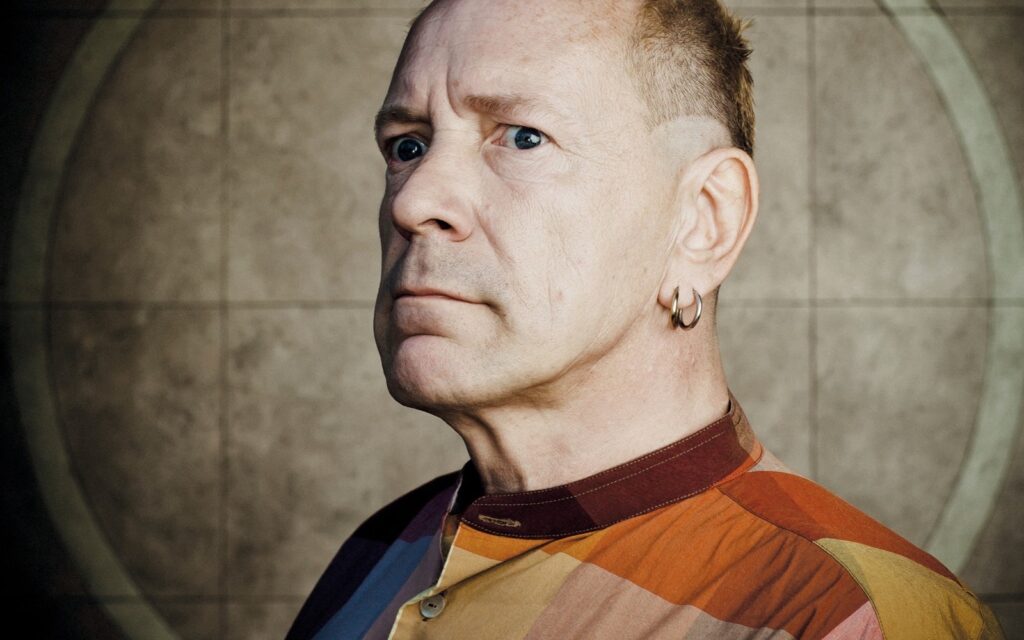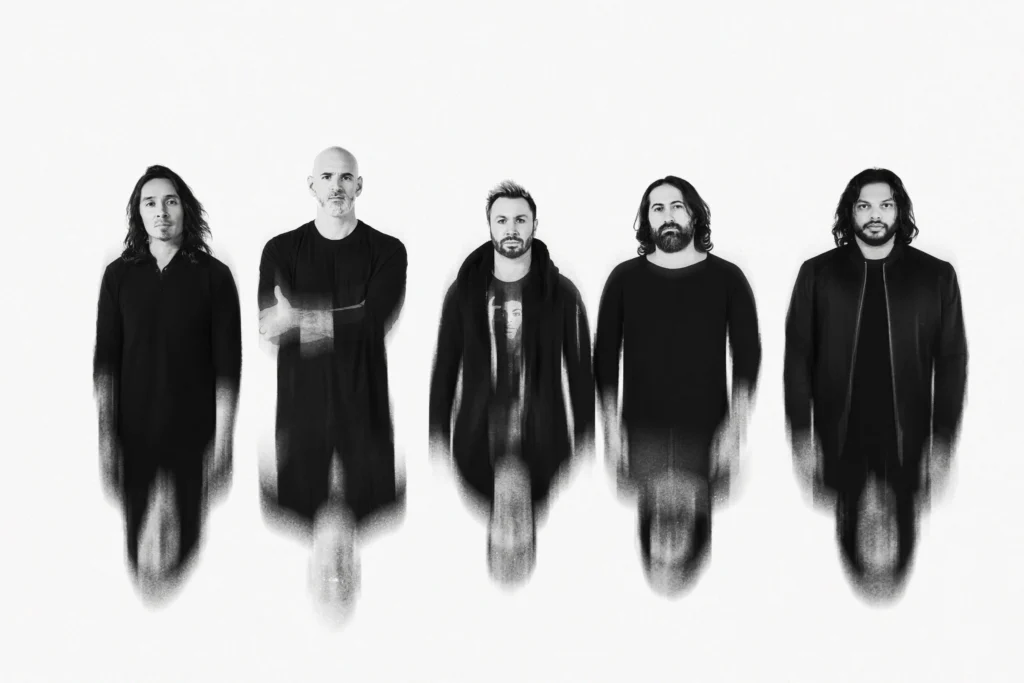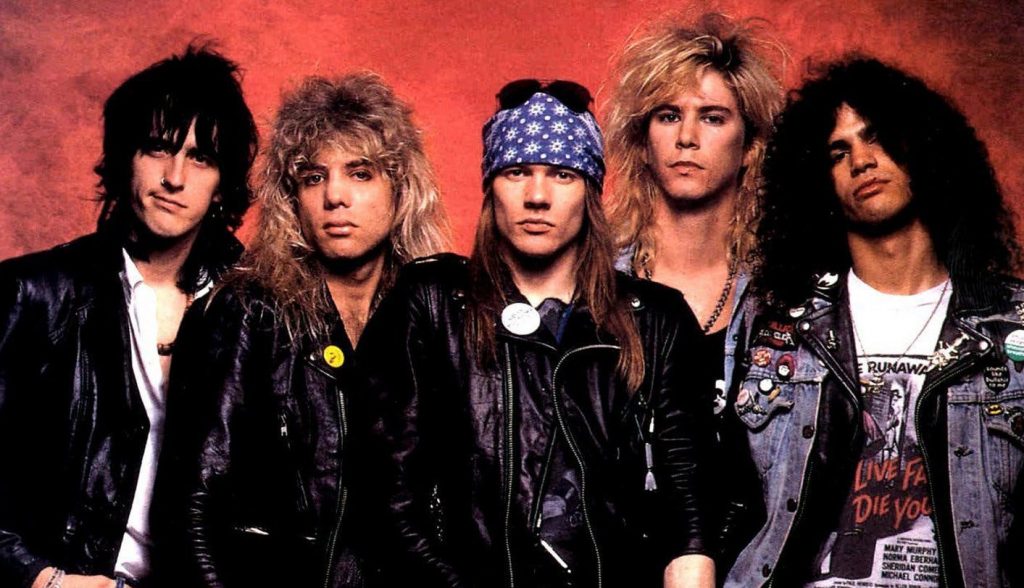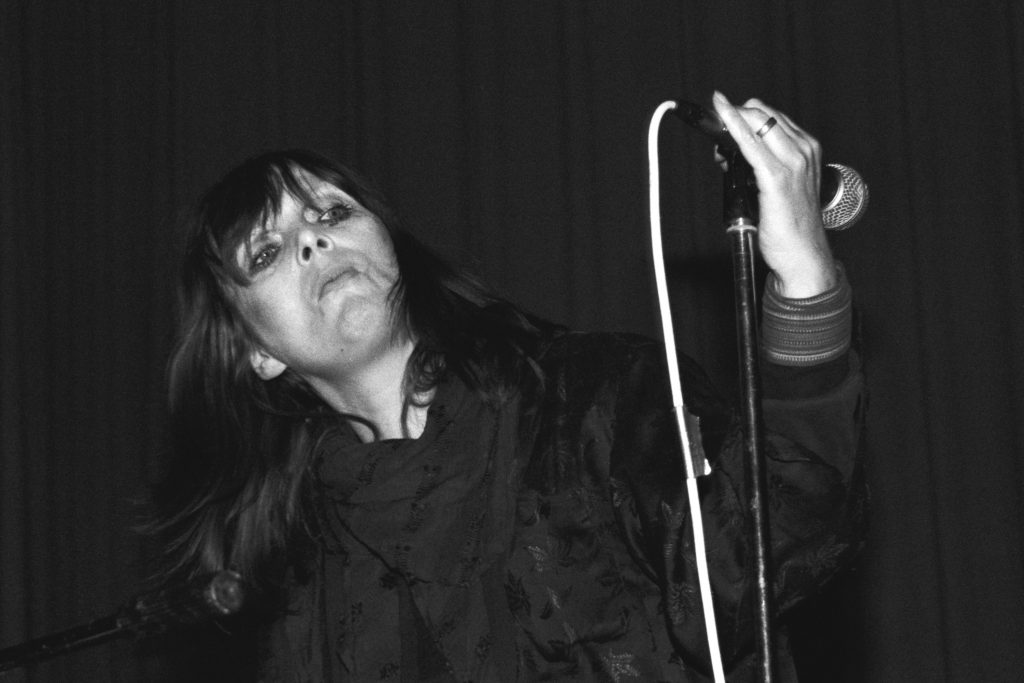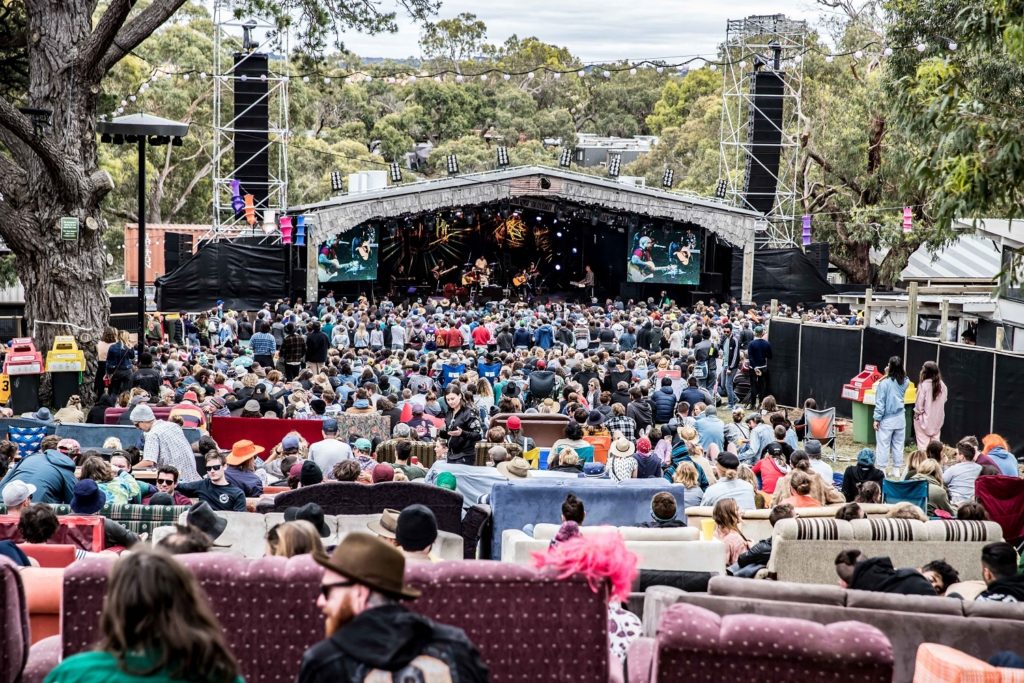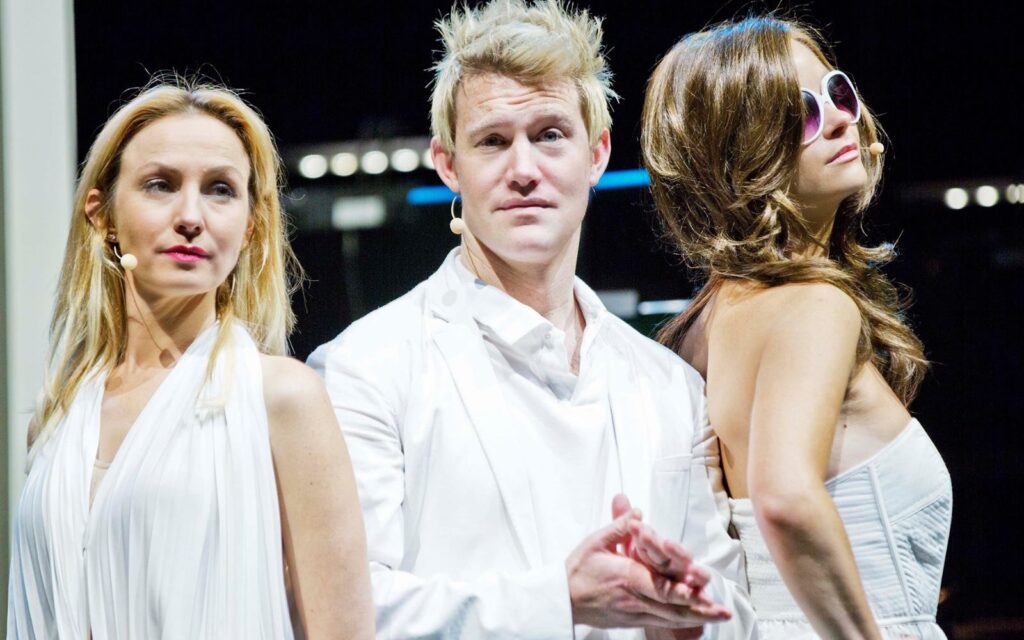Alongside the release of The Seer came cries of the album being among the best of Gira’s career. It’s a distinction that the man himself fails to recognise. “Let me look at it this way, if there were two shits on a white plate I would not be able to choose between them,” he states in a deadpan drawl. “I don’t really care. I’m happy to be working. I’m happy to be making music. I’m happy to hear that some people enjoy it. That’s about it.”
Though both proving to be resoundingly affecting experiences, there are distinct differences in the respective contexts of the live and studio-recorded Swans experience. “Well I don’t really think about an effect. I guess I think about the listener in that I’m the listener in both situations. I try to make a situation that’s entirely engulfing in different ways. In a recording situation it’s abstract. No matter how much emotion the band has put into their initial performance, it’s a remnant. These days, it’s a series of ones and zeroes. So you try to create an architecture and an environment that people can walk around in. Hopefully you can achieve or glean some sort of emotional experience. Live, it’s unknown. It’s unfolding in the moment. You have to commit to making horrible, embarrassing moments happen or making moments of ecstasy happen. My goal live is to be always on the edge of that, to just be on the verge of being a complete fool or bringing all of us together towards some kind of ecstasy.”
Tracks from The Seer transform into elongated beasts in the live setting, resulting in Gira donning the hat of benevolent dictator. “Well, I’m James Brown,” Gira offers with a laugh. “We have schticks, we have routines, we have habits. I push them, I destroy them, I push the band, and they get very angry at me because I scream at them, I yell at them. Then we make up afterwards. But I kind of try to control this beast and make it roar. Hopefully we create something that none of us expected when we started. That’s my job. Recently the sets are kind of out of control, we’ve been playing for three hours at a time now. That means the material is always expanding and growing; sometimes it’s completely improvisational. But I interject myself and push the improvisation into new directions, but I rely on the band being my friends and my heartbeat, trying to push things into some kind of extreme state.”
While many bands of Swans’ vintage are content with strolling down memory lane in their setlists, Gira shuns the notion of nostalgia when crafting Swans’ live repertoire. “The set is half new material, completely unrecorded material, that we’ve worked up in rehearsals and soundchecks, then three or four songs from The Seer, then one old song which we find kind of daintily enjoined to play – The Coward from 1986 – which has changed completely. The material changes, not every night, but it gradually morphs. I don’t know how to describe it. It’s like a bionic blueprint that keeps morphing with the imprint of ourselves and circumstance. We play the same set every night, but it’s constantly changing within itself,” he reveals. “I don’t give a shit about the past. I’ve done things, we’ve all done things. I guess I’m not ashamed of it, anyway. We’re not out to play our records or please people in that way.”
There is a meditation on repetition throughout most of the Swans canon, but the repetition achieves something far more nuanced than what is presented within electronic-based genres. “It’s not about doing the same robotic groove over and over, it’s much different than that. The music is playing us, and we follow where it goes. There’s a group from your part of the world called The Necks,” he says, championing the improvisational Sydney trio. “They’re one of the best things to come out of Australia ever. They’re loosely described as jazz music, but they’re not. They play a stand-up bass, a drum set, and a piano. They just start playing, but they don’t improvise in the sense of jazz noodling, they create grand waves of sound. The piano player in particular creates some of the most ethereal and haunting and beautiful sounds I’ve ever heard. They just start playing, then after an hour that’s it. I feel a tremendous affinity with them. Though we are far more pedestrian than them, I must say.”
BY LACHLAN KANONIUK
